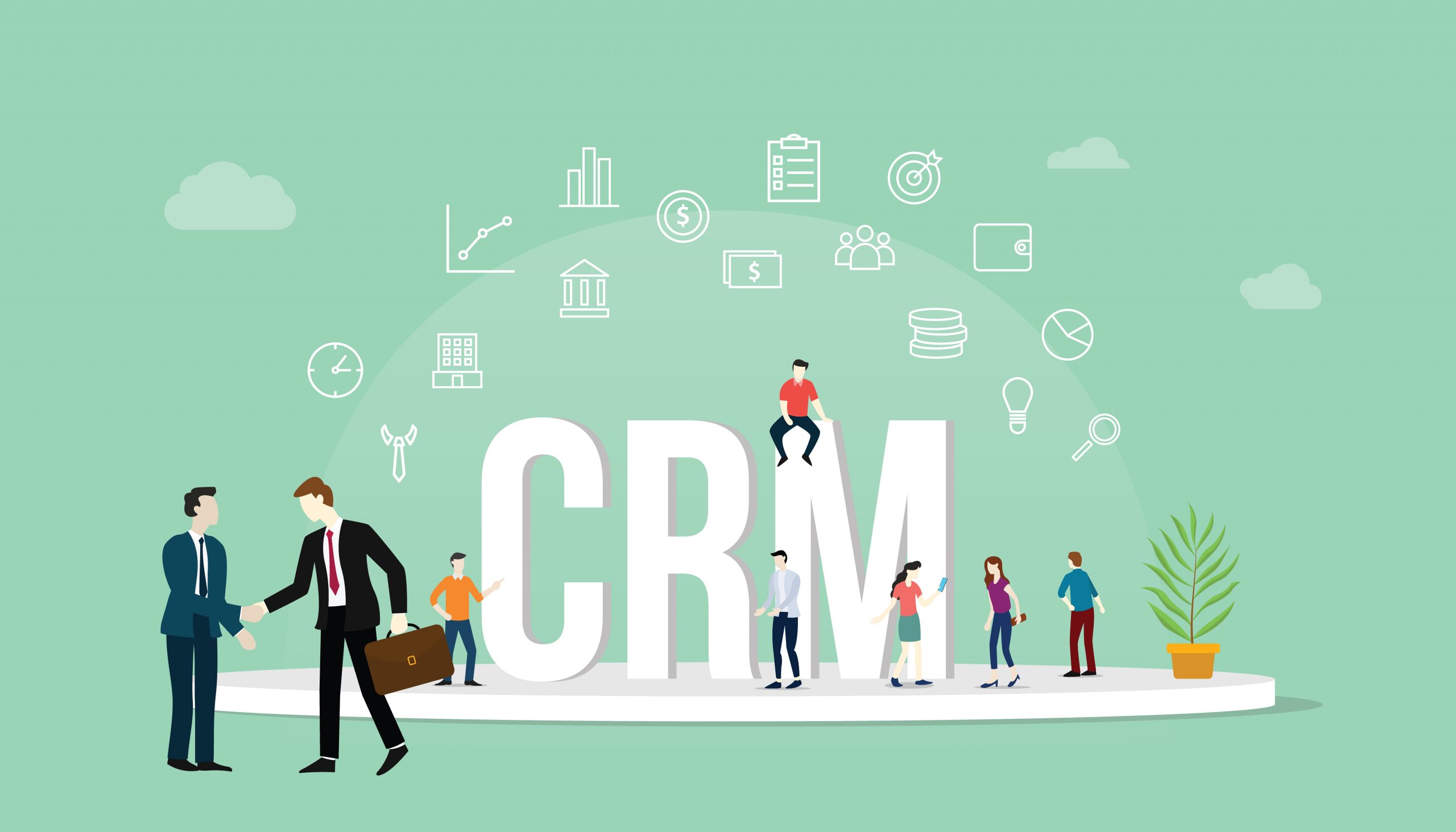
One of the most essential cogs in your business is your sales team. Without them, functioning would be challenging, as they are your business’s primary revenue source.
For the sales team to perform its very best, they need to know how to be the best. They need resources to learn and execute at high efficiency.
These resources may include the necessary training, knowledge, tools like customer relationship management software, content like videos and blogs, and other information that helps your sales team sell better.
This process of providing your sales team with the tools needed to close out more deals is called sales enablement.
One of the best ways to enable your sales team to convert more prospects is by using a CRM.
Well, what is a CRM, you might ask?
CRMs or Customer Relationship Management Software help manage relations and interactions with your company’s current and potential customers.
They are widely used today to improve different aspects of your business, like sales, marketing, customer service, etc.
They enable salesforce automation, saving your salespeople a lot of valuable time spent on menial tasks. This means more time spent on actually selling translates to more deals closing out in the same time period.
They are excellent tools to help enable your sales teams. Here are a couple of ways CRMs help.
1. Help determine which leads qualify
One of the biggest advantages of using a CRM is to help determine which leads qualify by using a lead scoring system.
Sales reps can assign different weights to different activities. For example, if a lead opens a campaign link you send them, the sales rep can keep weight of +5. If a lead unsubscribes from your campaign, then you can keep weight of -5.
Leads that have a high score are more interested in your product. Therefore, you can prioritize them first. Instead of having your sales team waste time in calculating and tracking all this, CRMs do it in instant, thus enabling your sales team further.
2. Give information about your customer
A CRM can help give your sales team information about who your customer is, their history, what channel they came to your business from, how much time they spent on your websites, what company they work for, etc.
This information can help your sales team understand and empower your sales team to make smarter decisions in terms of sales pitches and close deals faster and more often.
Having more information about your customers also educates your sales teams on which type of customer you should upsell, which kind of customer you should cross-sell, and what kind of marketing strategy you should use for which types of customers.
3. Setting up reminders
CRMs can help your sales team know what task they need to do next by showing their pending tasks and sending automatic reminders to complete them. CRMs also help set up priorities so that there is little confusion. Moreover, there is clearer accountability with each sales rep.
For example, suppose a person has 20 people in the analyzing stage of their sales pipeline and 50 people in the negotiation stage. In that case, a CRM can automatically ask them to prioritize negotiation. This will ensure that your sales teams are always on the right track.
Another way CRMs help your sales team is by reminding your customers that you are there for them. By sending automated email campaigns, you can gain valuable information and keep your customers engaged. This automation also enables sales teams by saving them valuable time. Some CRMs also contain email templates that can help sales reps create emails faster, enabling them further to close out deals faster.
4. Reporting and Analytics
One of the most critical ways CRMs enable sales teams is to provide insights into how well they are doing and how much of the sales target they have been able to complete.
This feedback will help each individual understand what works best for them when trying different techniques. It also shows which methods give maximum efficiency and help them work smarter and harder.
While sales reports vary, some of the common things they might contain are the average activities logged by salespeople, calls made, deals closed, etc.
CRMs can automatically create reports and provide analytics, helping managers better manage and help their sales teams.
These are some of the ways CRMs enable your sales teams to close deals faster. Now that you know how useful this software can be, you can start exploring different CRMs and find out which business suits you the best!
You may be interested in: The Benefits of Using an Appointment Reminder









